This spectacular landscape is a symbol of the risk to some of the country’s unique and irreplaceable places.
Using his signature day to night photography, he captured everything from sunrise to moonrise in one frame.
His images illustrateNational Geographics cover story on how America needs to change its habits to get to conserve nature.
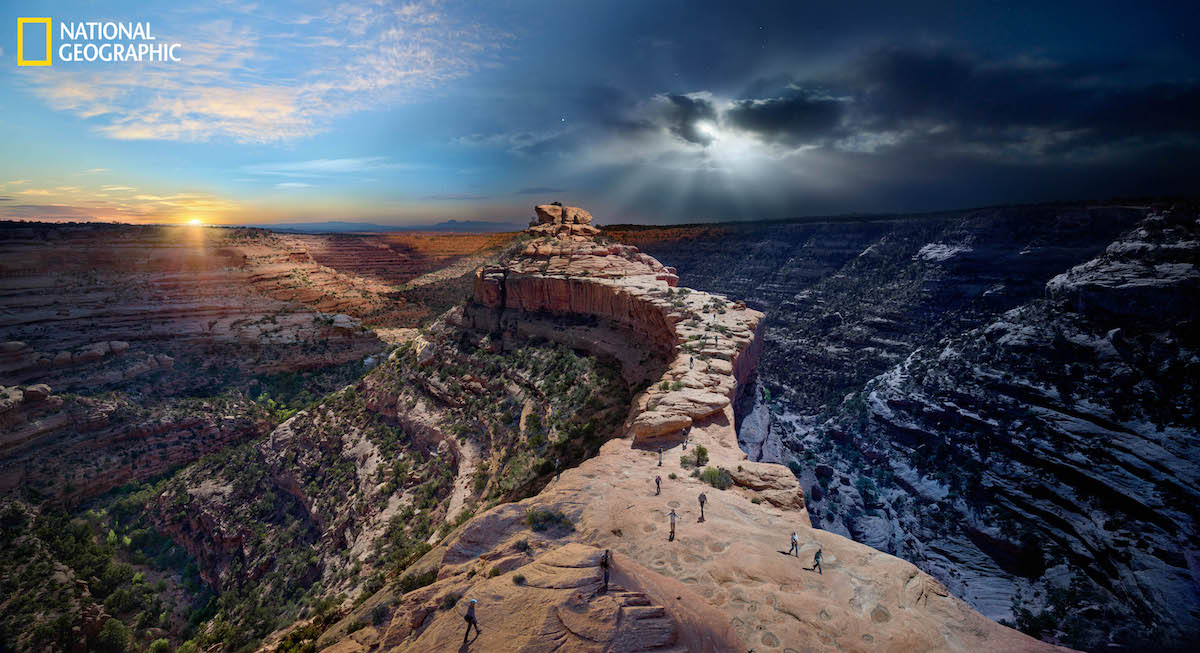
This spectacular landscape is a symbol of the risk to some of the country’s unique and irreplaceable places. One president preserved it at the urging of Native Americans who hold it sacred; another tried to open it to drilling and mining. A national monument rich with human history, it includes the Citadel, once a fortified cliff dwelling, now a popular hiking spot. Stephen Wilkes took 2,092 photographs over 36 hours and selected 44 to make this image, capturing a sunrise, a full moon, and a rare alignment of four planets. “This was to me,” he says, “as beautiful and as magnificent as any spot I’ve seen in the Grand Canyon.” (Photo: Stephen Wilkes, National Geographic)
Once there, they also had to endure 50 mph winds that made it difficult to secure their equipment.
But, the end result was worth it.
A smattering of hikers is visible below, making their way toward the famous cliff dwelling.
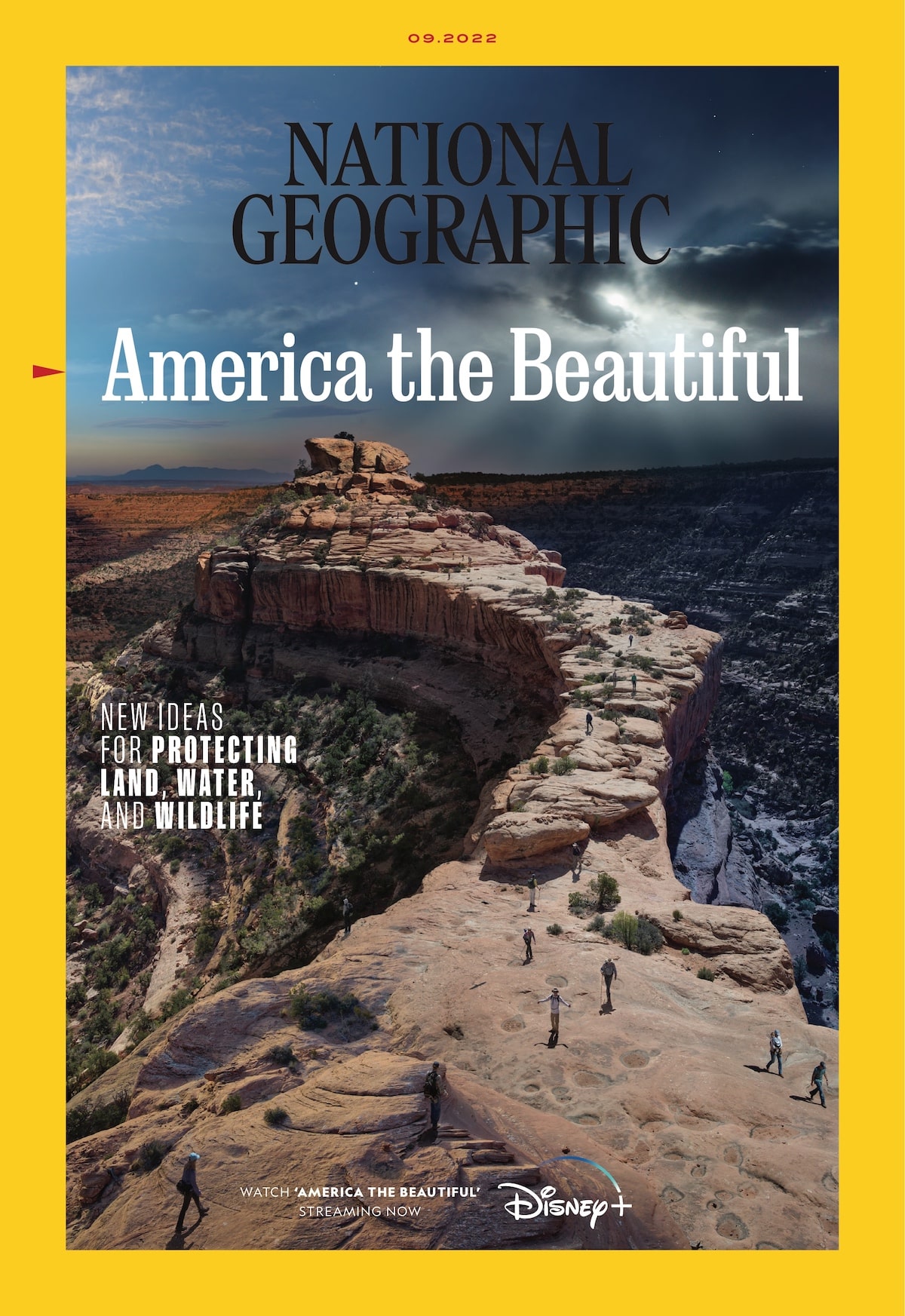
The serene atmosphere in Wilkes' photograph belies the careful research that goes into creating these images.
Bears Ears is, in some ways, symbolic of the environmental struggles currently happening in the United States.
Science is becoming a challenging areapeople dont believe the data, he says.
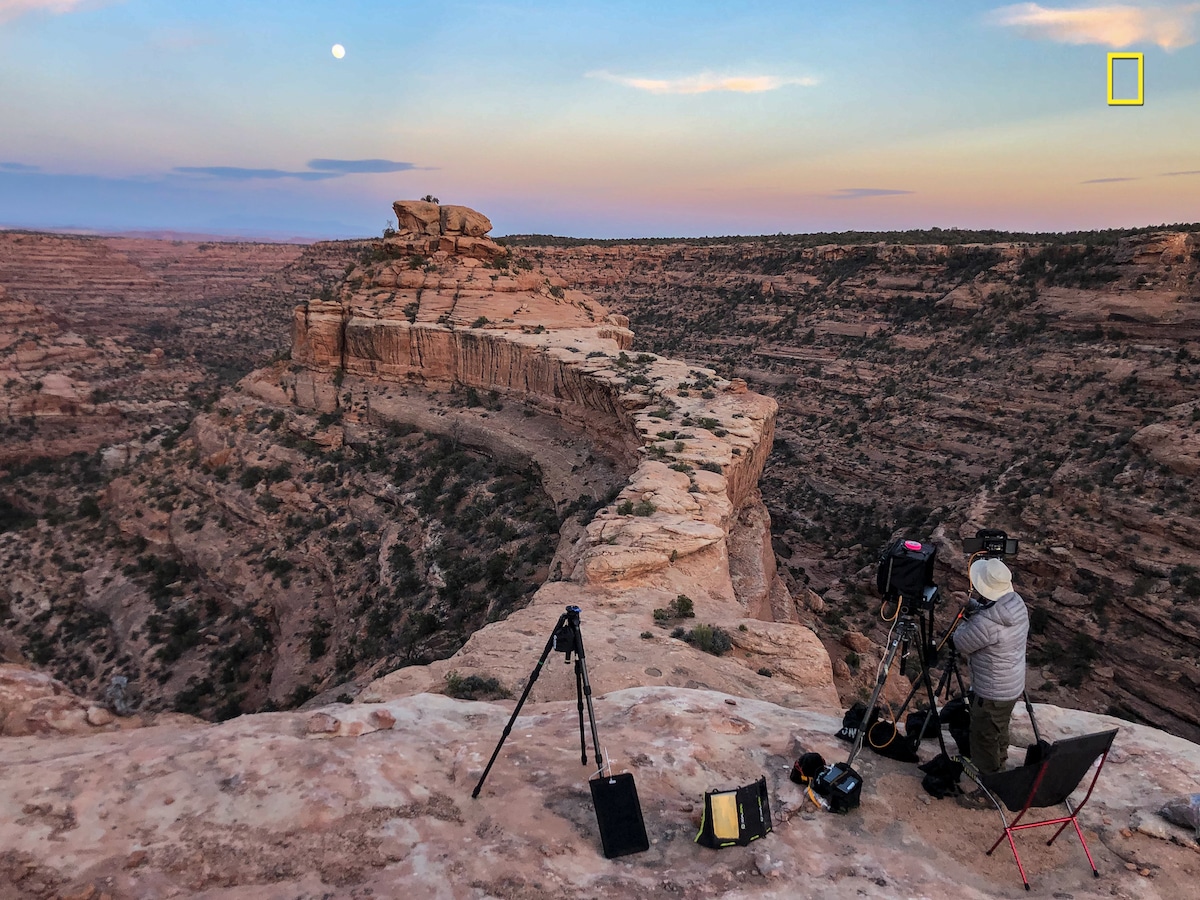
Photo: Lenny Christopher, National Geographic
Stephen Wilkes brought his signature day to night photography to the cover ofNationalGeographics September issue.
Over the course of the shoot, they battled winds of up to 50 miles per hour.
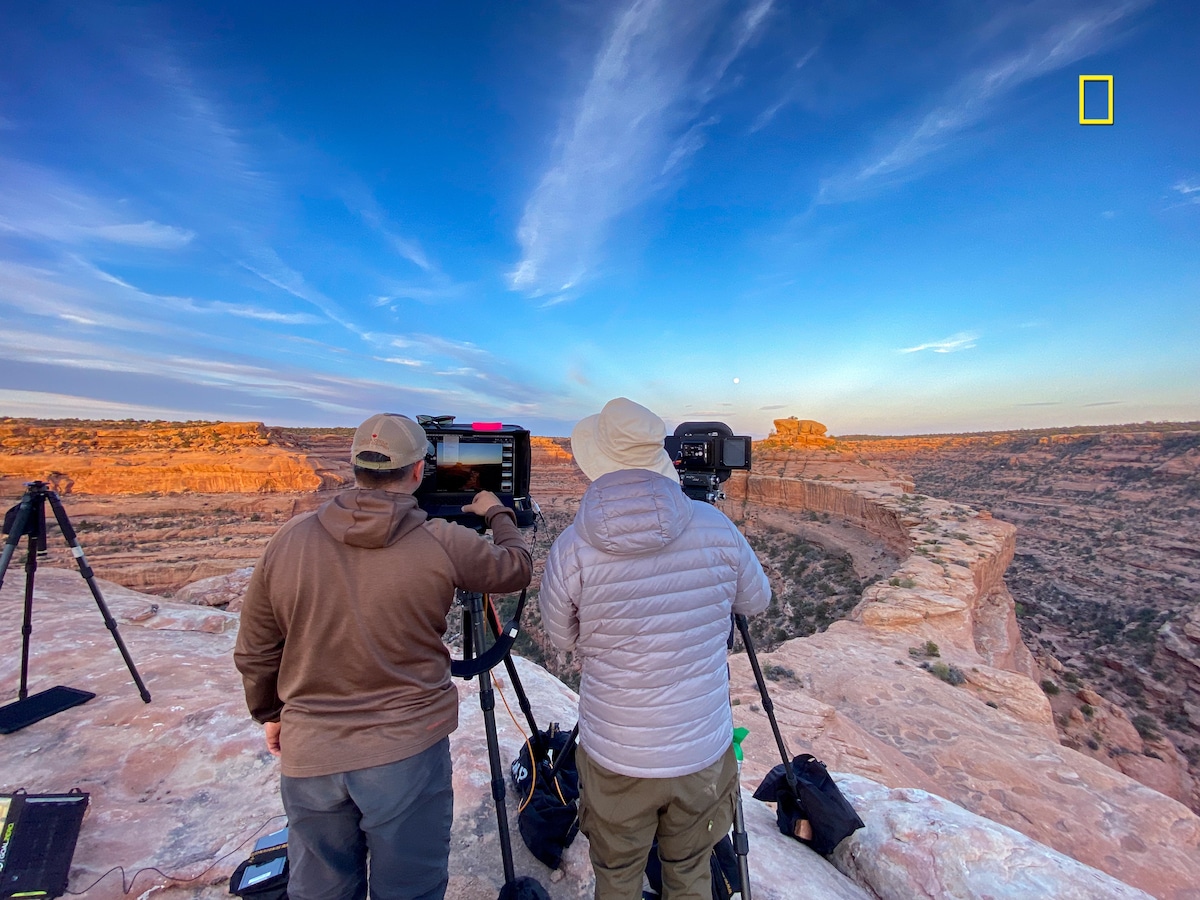
Photo: Lenny Christopher, National Geographic
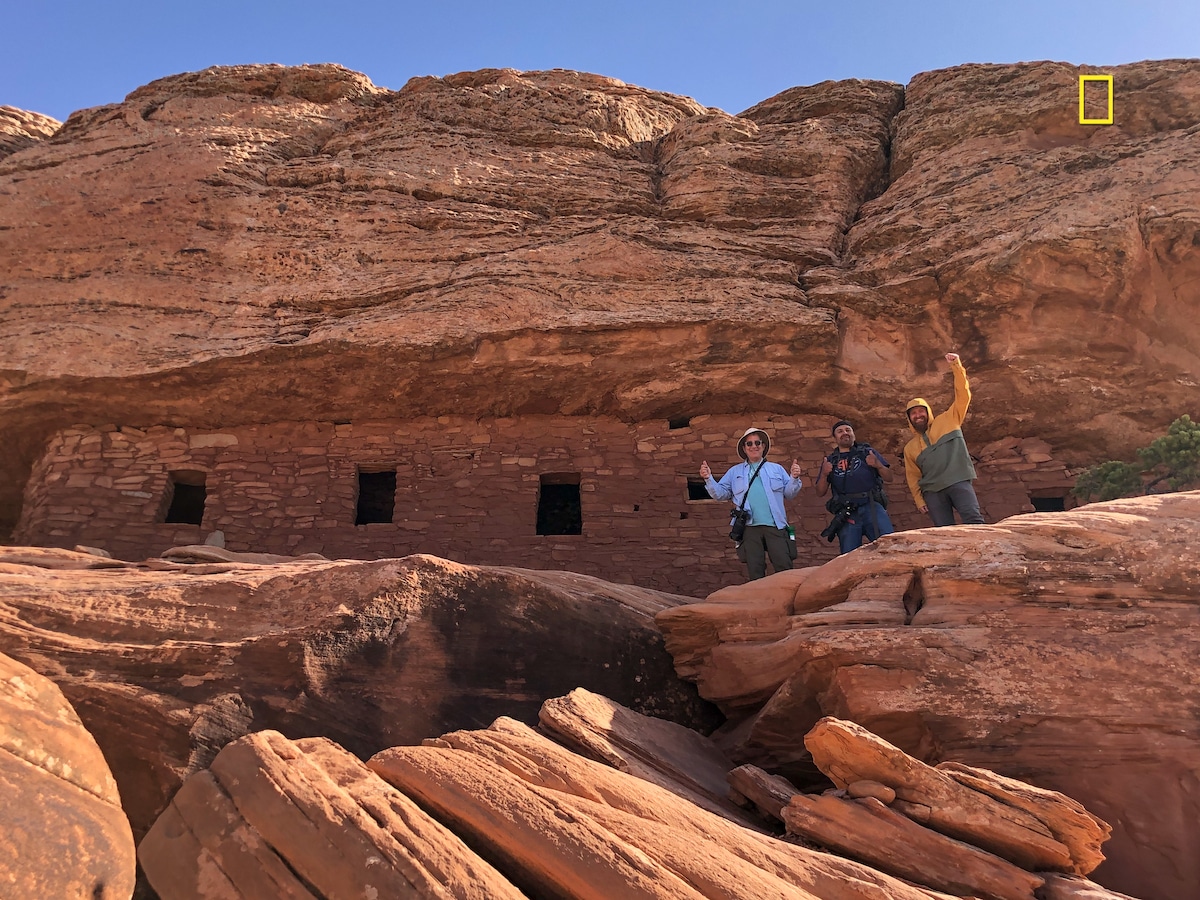
Photo: Lenny Christopher, National Geographic

Photo: Stephen Wilkes, National Geographic
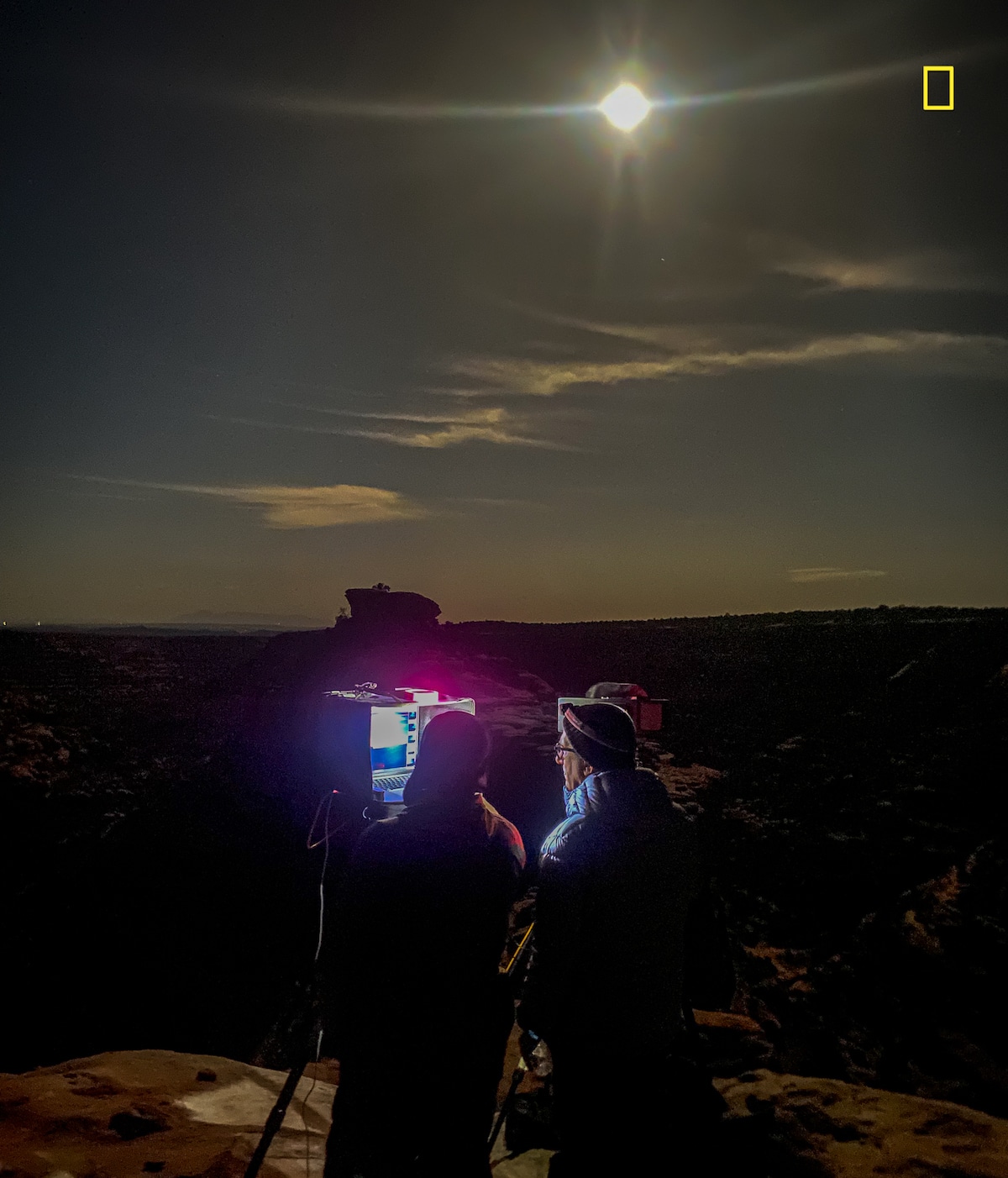
Photo: Ivar Bastress, National Geographic